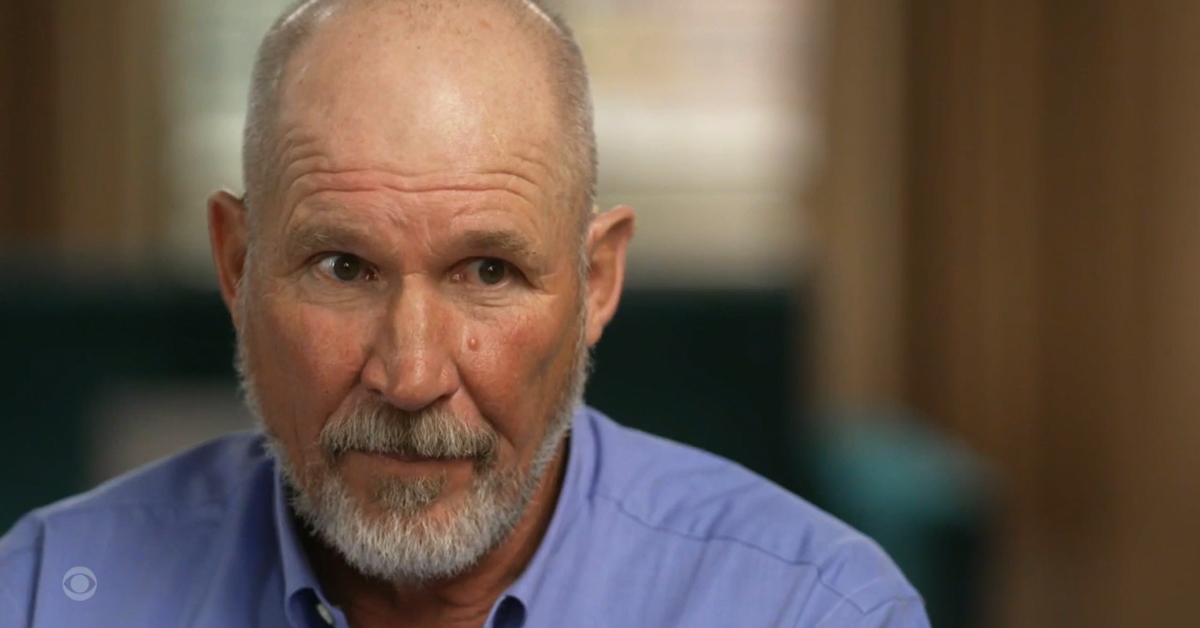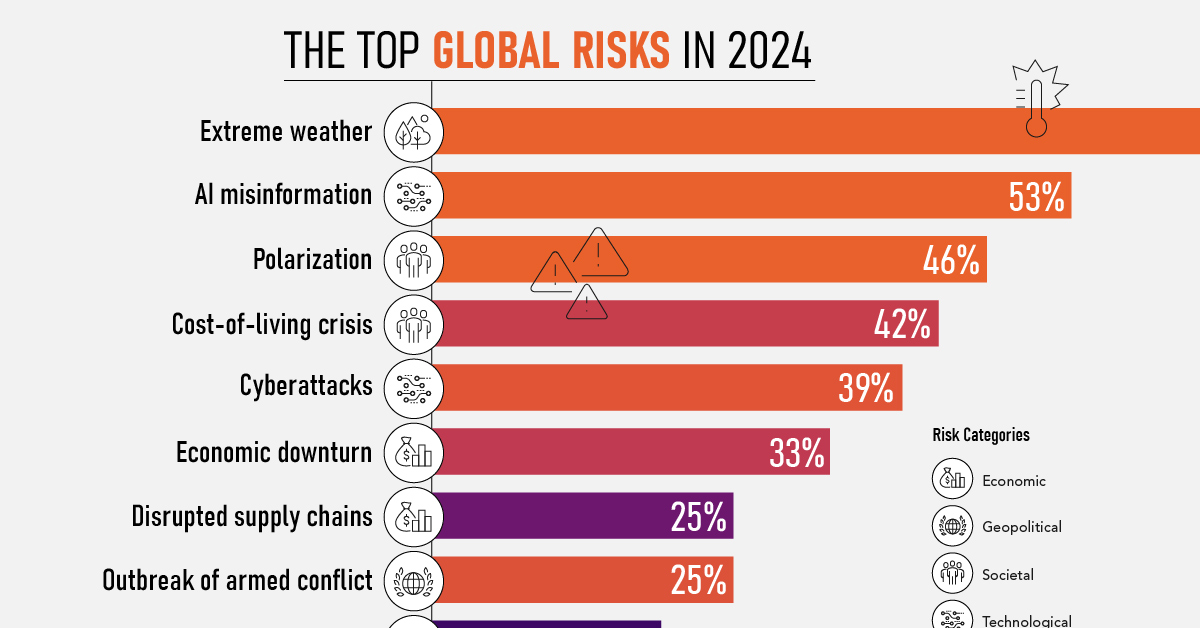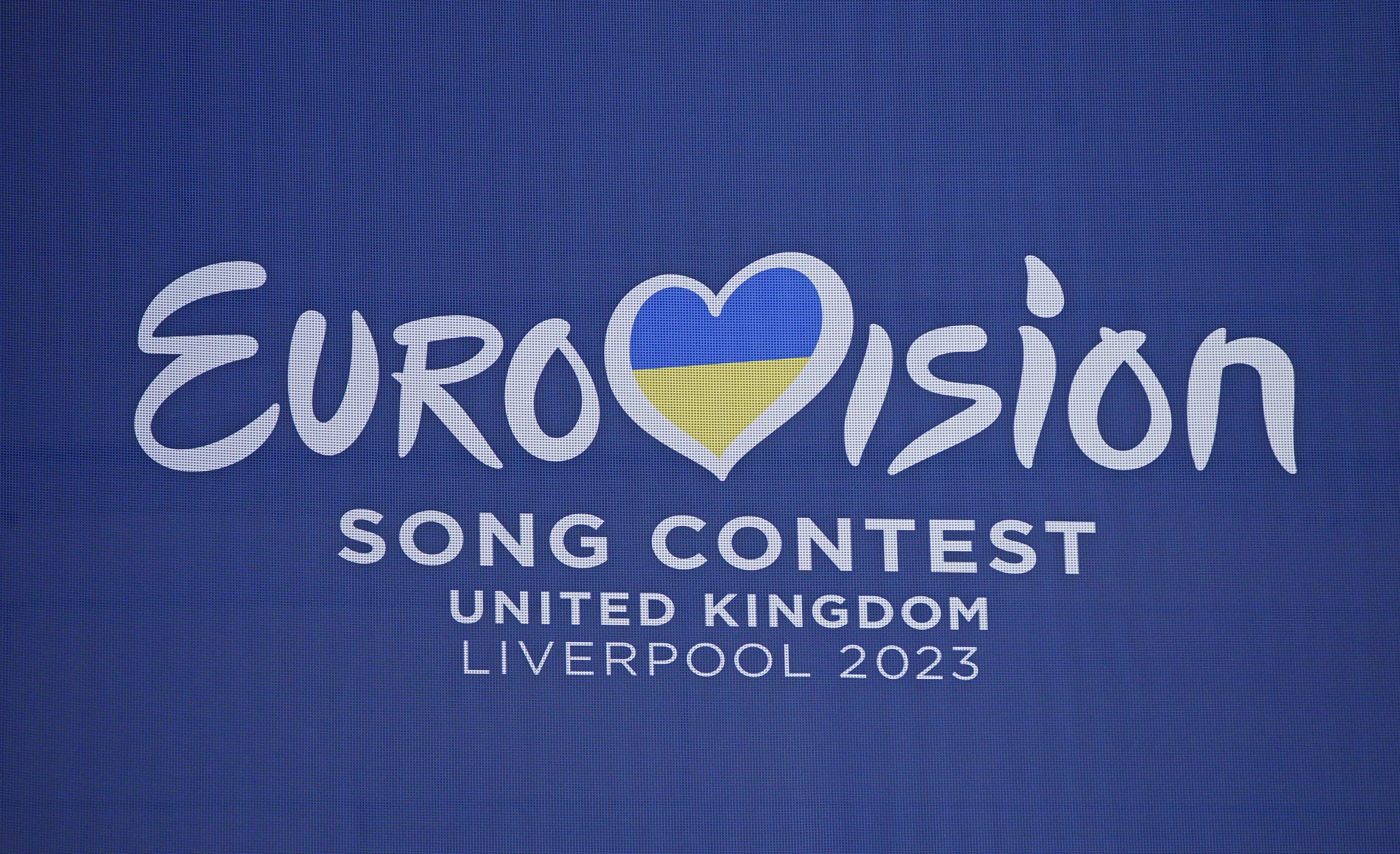Ray Epps V. Fox News: A Deep Dive Into The January 6th Defamation Lawsuit

Table of Contents
The Allegations Against Fox News
Ray Epps' core claim alleges that Fox News knowingly and falsely portrayed him as a federal agent who instigated the January 6th attack on the United States Capitol. This portrayal, Epps argues, constitutes defamation, damaging his reputation and causing him significant distress.
-
Specific Fox News Broadcasts and Personalities: Several Fox News programs and personalities, including Tucker Carlson, are implicated in disseminating the false narrative. Segments repeatedly suggested Epps was an undercover FBI agent orchestrating the events of January 6th, thereby inciting violence.
-
Defamatory Statements: The alleged defamatory statements went beyond simple speculation. Fox News presented edited video clips and selectively chosen information to paint Epps as a key player in a federal conspiracy. These statements directly implied Epps was responsible for the violence on January 6th.
-
Damage to Reputation and Harm: As a result of Fox News' reporting, Epps faced a barrage of online harassment, death threats, and social media attacks. His reputation was severely tarnished, impacting his personal life and livelihood. He claims this damage directly resulted from Fox News' irresponsible reporting and deliberate misinformation campaign.
Epps' Legal Strategy and Evidence
Epps' legal strategy rests on proving Fox News acted with actual malice—knowing the information they disseminated was false or with reckless disregard for its truth. This is the standard for public figures in defamation cases, as established in New York Times Co. v. Sullivan.
-
Evidence Presented: Epps' legal team has presented a considerable amount of evidence aiming to dismantle Fox News' narrative. This includes video footage showing Epps' actions on January 6th, placing him in a context different from the one presented by Fox News. Witness testimonies and social media posts also provide alternative accounts of events.
-
Contradicting Fox News' Narrative: The evidence presented aims to show that Epps was not directing or inciting violence, but rather attempting to de-escalate tensions in some instances. This directly contradicts Fox News' portrayal of him as an instigator.
-
Legal Arguments: Epps' legal team argues that Fox News prioritized sensationalism and attracting viewers over responsible journalism. They argue that Fox News knowingly or recklessly disregarded the truth in their reporting, causing significant harm to Epps.
Fox News' Defense and Counterarguments
Fox News' defense strategy centers on the principles of freedom of speech and journalistic privilege. They argue that their reporting was protected opinion and not actionable defamation.
-
Freedom of Speech and Journalistic Privilege: Fox News maintains that their reporting fell under the umbrella of protected speech under the First Amendment. They argue that they were merely reporting on different interpretations of events surrounding January 6th.
-
Truthfulness or Opinion Nature of Reporting: Fox News’ defense attempts to justify their reporting by arguing that their statements were opinions, not factual assertions, and that the interpretation of Epps' actions was open to debate.
-
Counter-Evidence and Arguments: Fox News likely will attempt to present alternative interpretations of the evidence presented by Epps, attempting to cast doubt on his claims. They may argue that their reporting was based on information available at the time, even if some of that information proved to be inaccurate later.
The Broader Implications of the Case
The Ray Epps case has far-reaching implications for media accountability and the fight against misinformation. Its outcome will affect how news organizations cover politically charged events and how they handle potentially damaging information.
-
Impact on Future Reporting: A ruling in favor of Epps could set a precedent for holding news organizations accountable for the spread of false and damaging information, regardless of their political leanings. This could lead to more cautious and fact-checked reporting, particularly on sensitive political issues.
-
Chilling Effect vs. Accountability: There's a delicate balance to strike between protecting freedom of the press and holding media outlets accountable for false reporting. The Epps case highlights this tension and forces a discussion on the appropriate level of scrutiny for news organizations.
-
Potential Legal Precedent: The outcome of the case could establish a new legal precedent regarding the standard of proof for defamation in cases involving public figures and the dissemination of misinformation by prominent news outlets.
The Role of Social Media in Amplifying False Narratives
Social media platforms played a crucial role in amplifying the false narratives surrounding Ray Epps and the January 6th events. Algorithms and echo chambers ensured the false claims spread rapidly and reached a wide audience, compounding the damage to Epps's reputation.
-
Algorithms and Echo Chambers: Social media algorithms, designed to maximize engagement, often prioritize sensational content, regardless of its accuracy. This led to the rapid dissemination of misinformation about Epps within echo chambers, where users primarily interacted with like-minded individuals reinforcing the false narrative.
-
Responsibility of Social Media Companies: The role of social media companies in combating misinformation is increasingly under scrutiny. This case highlights the need for more robust fact-checking mechanisms and better content moderation policies to prevent the spread of damaging false narratives.
Conclusion
The Ray Epps v. Fox News lawsuit transcends a simple defamation case; it's a crucial examination of media responsibility in the digital age. The outcome will significantly impact how news organizations handle politically charged events and the consequences of disseminating false narratives. This case underscores the importance of responsible reporting and accountability when confronting widespread conspiracy theories. The implications extend far beyond the individuals involved, shaping the future of media accountability and the fight against misinformation.
Call to Action: Stay informed about the developments in the Ray Epps v. Fox News case. Understanding this legal battle's complexities is vital for navigating the ongoing discussions surrounding January 6th and the critical need for accurate reporting. Follow reputable news sources to gain a comprehensive understanding of this January 6th defamation lawsuit and its impact. Further research into the key players, including Ray Epps and the Fox News personalities involved, will provide a more complete picture of this significant legal battle.

Featured Posts
-
 Aircraft Carrier Incident 60 Million Jet Lost At Sea
Apr 30, 2025
Aircraft Carrier Incident 60 Million Jet Lost At Sea
Apr 30, 2025 -
 Superboul 2025 Vystupleniya Skandaly I Neozhidannye Momenty
Apr 30, 2025
Superboul 2025 Vystupleniya Skandaly I Neozhidannye Momenty
Apr 30, 2025 -
 Tat Ca Ve Lich Thi Dau Vong Chung Ket Thaco Cup 2025
Apr 30, 2025
Tat Ca Ve Lich Thi Dau Vong Chung Ket Thaco Cup 2025
Apr 30, 2025 -
 Beyond China Examining Nvidias Broader Geopolitical Risks And Strategies
Apr 30, 2025
Beyond China Examining Nvidias Broader Geopolitical Risks And Strategies
Apr 30, 2025 -
 Everything You Need To Know About Eurovision In Manchester This Week
Apr 30, 2025
Everything You Need To Know About Eurovision In Manchester This Week
Apr 30, 2025
